Today, 90 years ago, the movement of young people resulted in “Sumpah Pemuda – Youth Pledge,” which created a common goal in establishing the Indonesian state. This goal was realized 73 years ago, which until now we commemorate as the Independence Day of the Republic of Indonesia every August 17th. However, is this country fully independent?
In the context of plastic pollution, which is currently a global issue, our country is still far from “independent”. How is it so? As an example, the plastic problem that we face every day is shown by a research which stated that as many as 30 bottles of sample single use bottled drinking water (Air Minum Dalam Kemasan – AMDK) from Indonesia analyzed at the University of New York at Fredonia (2018) contain microplastic with an average of 382 microplastic particles / liter. Apart from AMDK, Ecoton’s research (2018) shows that 72% of fish samples from 6 species studied in Surabaya River contain microplastic in their stomach.
What is the relationship between young people and the plastic problems? Young people have a great passion in encouraging change. The large population of youth can be a potential force, yet it can also be a source of weakness. This depends on how the youth population is seen, treated and prepared. For example, the demographic bonus, where the proportion of youth is greater than the rest of the population, will have a positive impact if the youth group is developed in all aspects, especially education, health, labor market, economics and social and political participation. In other words, whether or not there will be benefits of the demographic bonus will depend on what and how much investment is put in this generation.
Therefore, it is necessary to regulate how we can become partners with young people in solving these plastic problems. The Bali Environmental Education Center (PPLH) and the Indonesia Plastic Bag Diet Movement (GIDKP) have a mentoring program for high school students in encouraging them to become agents of change in solving environmental problems, especially plastic pollution. In commemoration of the Youth Pledge in 2018, PPLH Bali and GIDKP, who are both members of the Alliance of Zero Waste Indonesia, organized a beach clean up at Segara Ayu Beach and Werdhapura Beach, Bali. This activity was also carried out in order to welcome the Our Ocean Conference which is to be held in Nusa Dua, Bali on 29-30 October 2018.

This event was also carried out to prove that plastic waste often found when cleaning the beach must be reduced and prevented. Plastic bags, baby diapers, straws, styrofoam, etc., which are known as disposable plastics, were found during the beach clean up. However, this was not an obstacle for young people. As they are highly enthusiastic to become agents of change, young people can find ways to deal with these problems. For example, SMA 1 Kuta Utara (state high school) and SMK Farmasi Saraswati 3 Denpasar (vocational high school) are currently conducting plastic waste reduction programs by campaigning for the use of reusable drinking water bottles as part of the prohibition on the use of bottled water in schools and replacing disposable platinum ziplock containers commonly used as medicine containers with a pot container of medicines that can be used repeatedly.
Both schools were participants in the 2018 Envirochallenge program initiated by GIDKP. The program is showcased at the 2018 edition of SDSN Youth Solution Report, promoting the SDG No. 4 (Quality Education) and SDG No. 12 (Responsible Consumption and Production). They claimed that what they are doing is greatly helped by the commitment of the Denpasar City Government in the form of a Mayor Regulation in prohibiting the use of plastic bags, which will be effective starting 1 January 2019. The regulation becomes the basis for both schools to encourage stakeholders within the school to have a stronger commitment to reduce plastic waste.




















